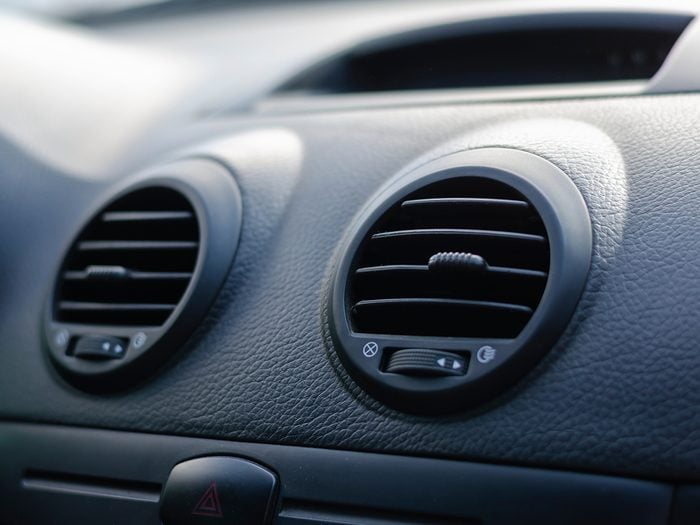
The air inside your vehicle can be six times more polluted than the air outside
Without proper filtration, the air inside the passenger cabin can be teaming with allergens, pollutants and other disgusting microbes. That suggests a significant health risk for children, the elderly and more than 40-million allergy-sensitive North Americans.
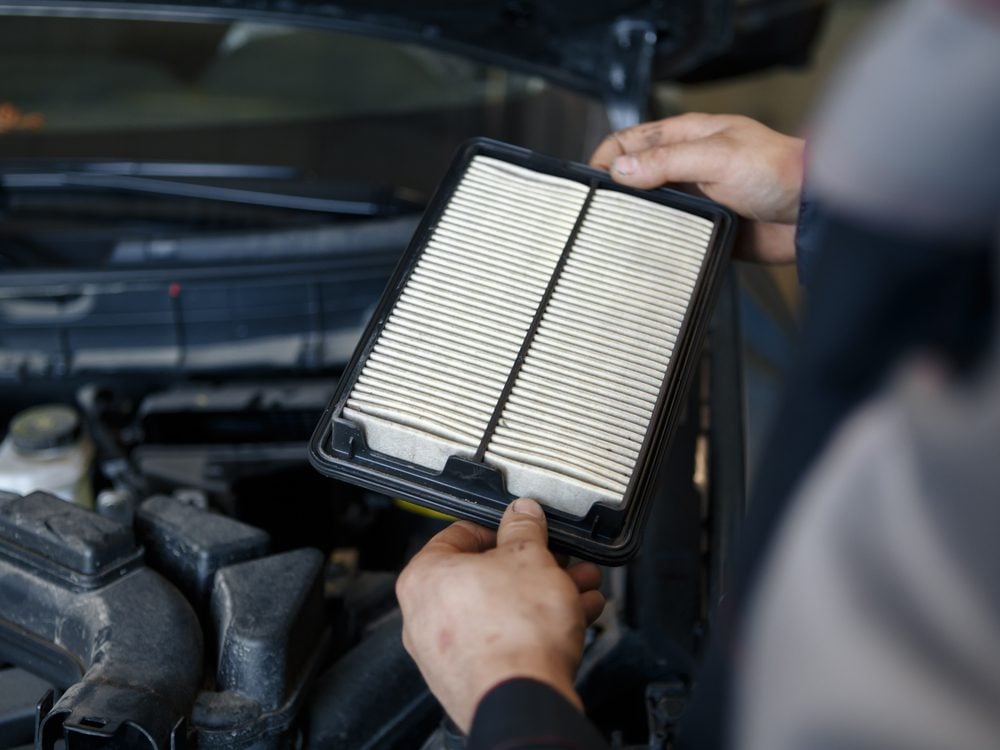
Air quality threats abound
A cabin air filter is designed to block airborne contaminants. Those contaminants include pollen, dust, car exhaust, toxins, pollutants, allergens, wind-blown industrial soot, the smelly build-up caused by mold, mildew, algae and fungi and more.
Find out the scary truth behind that new car smell.
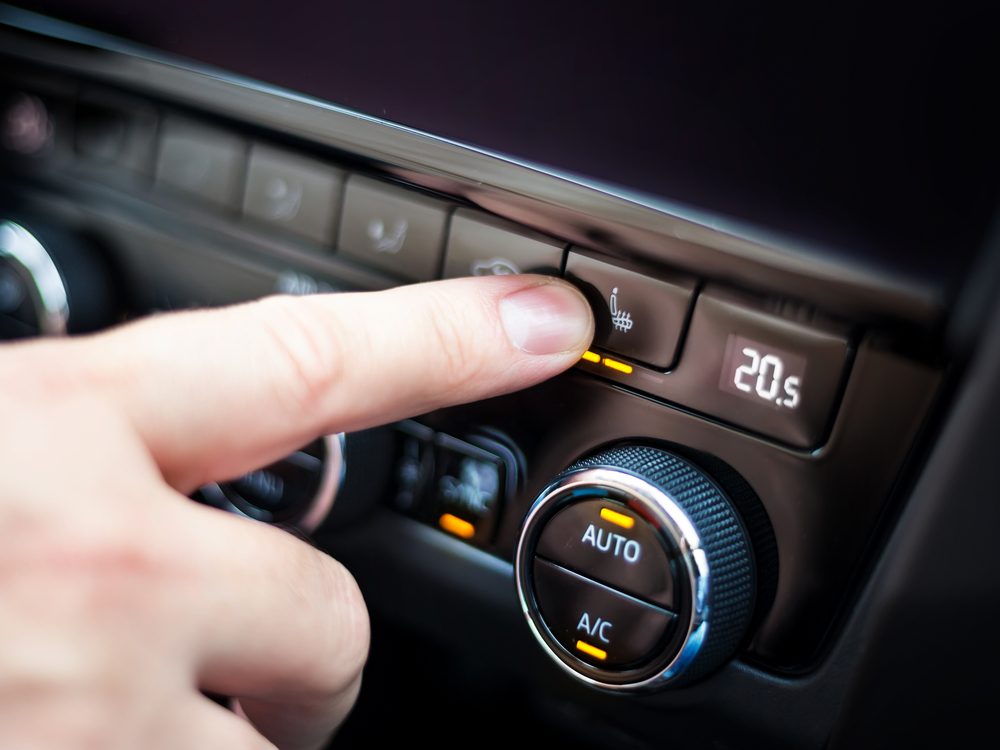
Protection for your heating and HVAC systems
Without a clean, functioning cabin air filter, microscopic contaminants are pushed into your car, much of it through vents. A dirty cabin air filter can degrade and potentially damage your vehicle’s heating and air conditioning systems.
Discover some surprising ways you’re shortening the life of your car.
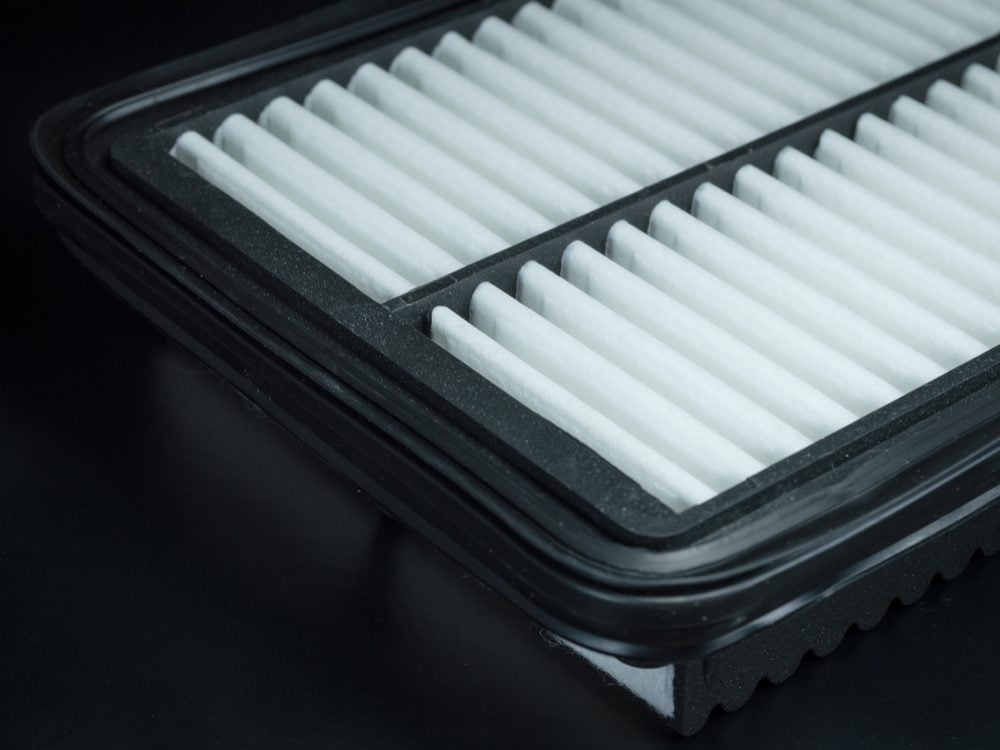
A cabin air filter wasn’t always standard
That said, if you have a 2000 or newer vehicle, you probably have a cabin air filter. While 95 per cent of vehicle owners surveyed recently said they are concerned about in-car air quality, only 26 per cent said they knew or thought they knew there was a cabin air filter in their vehicle.
Find out more car features you didn’t know you had.
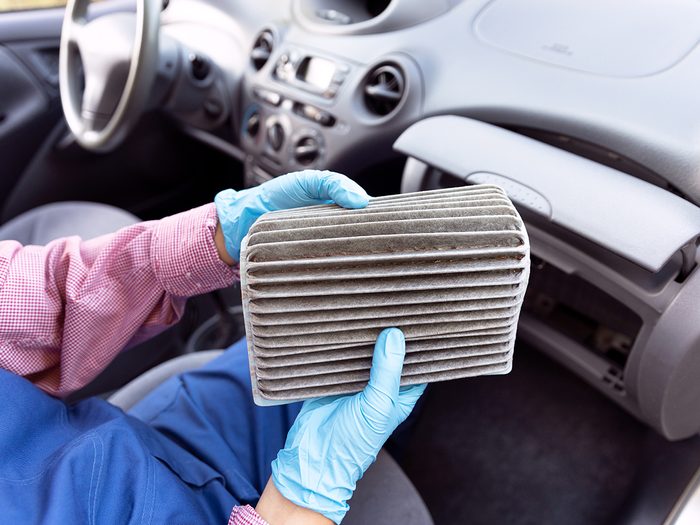
Your cabin air filter replacement schedule
Driving conditions will determine how often a cabin air filter needs replacing. Dirt roads, dusty areas and urban stop-and-go traffic shorten a cabin air filter’s life, Most vehicle manufacturers suggest cabin air filters be replaced every 12 months or 20,000 kilometres.
Now that you know what your cabin air filter does, find out 10 often-overlooked services that can extend the life of your vehicle.